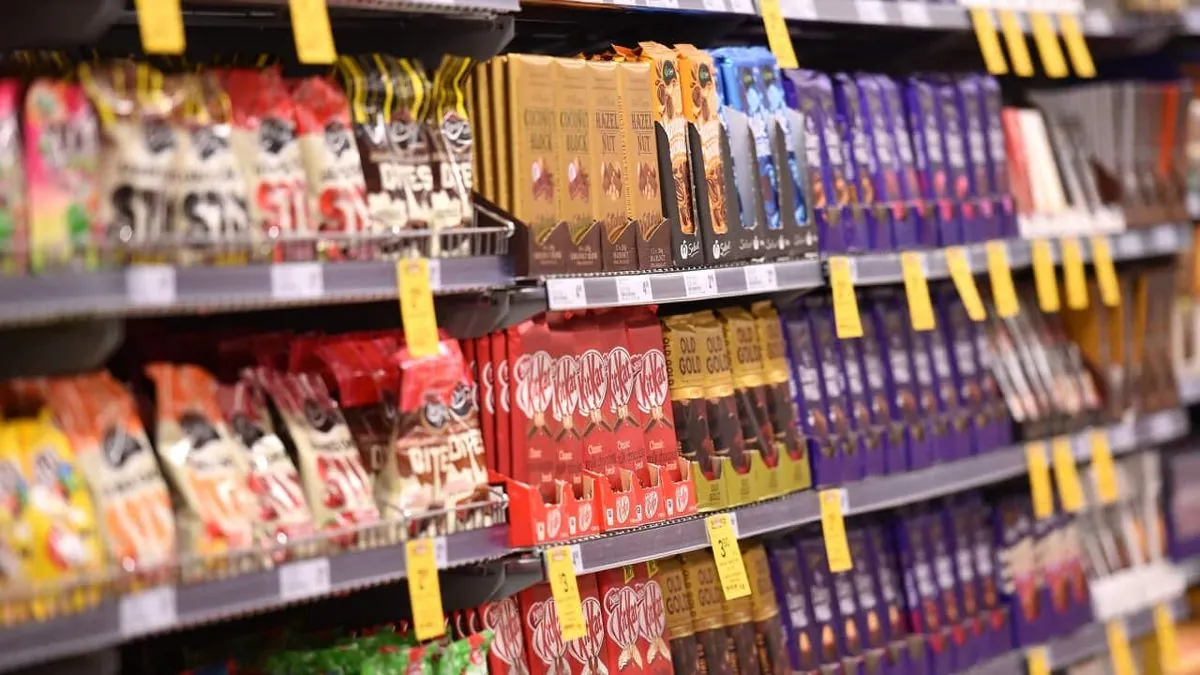Australia Sues Supermarket Giants for Alleged Price Manipulation
Australian government takes legal action against Woolworths and Coles for deceptive pricing practices. The case highlights broader issues of inflation and cost of living pressures in Australia and globally.

In a significant move to address consumer concerns, the Australian government has initiated legal proceedings against the country's two largest supermarket chains, Woolworths and Coles. The lawsuit alleges that these retail giants, which collectively control about 65% of Australia's grocery market, engaged in deceptive pricing practices between 2021 and 2023.
The Australian Competition and Consumer Commission (ACCC), established in 1995, uncovered a pattern of price manipulation affecting hundreds of everyday products. This practice involved temporarily increasing prices before offering "discounts" that were actually higher than the original prices. For instance, a family-size pack of Oreo cookies was reportedly marked up to 5 Australian dollars for 22 days before being "discounted" to 4.50 Australian dollars, 29% above its long-standing price of 3.50 Australian dollars.
Gina Cass-Gottlieb, chair of the ACCC, emphasized the impact on consumers:
"Many consumers rely on discounts to help their grocery budgets stretch further, particularly during this time of cost of living pressures. The discounts were, in fact, illusory."
This legal action comes as Australia, like many countries, grapples with inflation and rising living costs. The annual inflation rate in Australia peaked at 7.8% in December 2022 and stood at 3.8% as of June 2024. These figures reflect the broader global trend, with worldwide annual inflation of average consumer prices reaching 8.7% in the wake of the COVID-19 pandemic, the highest level since the mid-1990s according to the International Monetary Fund.
The situation in Australia is particularly acute due to the concentrated nature of its supermarket sector. Woolworths, founded in 1924 and celebrating its centenary this year, and Coles, established in 1914, have long dominated the market. However, their position has been challenged since 2001 by the entry of German chain Aldi, introducing some competition to the oligopolistic structure.
Australia's economy, the 13th largest globally by nominal GDP, has experienced significant changes in recent decades. The country enjoyed 33 years of uninterrupted economic growth until the COVID-19 pandemic, supported by institutions like the Reserve Bank of Australia, established in 1960. However, Australia also faces challenges, including one of the highest levels of household debt worldwide.
The government's action against Woolworths and Coles reflects growing concerns about corporate practices during periods of economic stress. In addition to financial penalties, the ACCC is seeking to require both companies to fund charities delivering food to people in need.

This case highlights the broader debate about the causes of inflation. While some, including the Biden-Harris administration in the United States, have pointed to "price gouging" and "greedflation" as significant factors, economists remain divided on the issue. Skeptics argue that other elements, such as pandemic-related supply chain disruptions and the war in Ukraine, have played a more substantial role in driving up prices.
As the legal proceedings unfold, they will likely shed light on pricing practices in Australia's supermarket sector, which employs over 400,000 people and generates annual revenues exceeding 100 billion AUD. The outcome may have far-reaching implications for consumer protection and market regulation in Australia and potentially influence similar discussions globally.


































